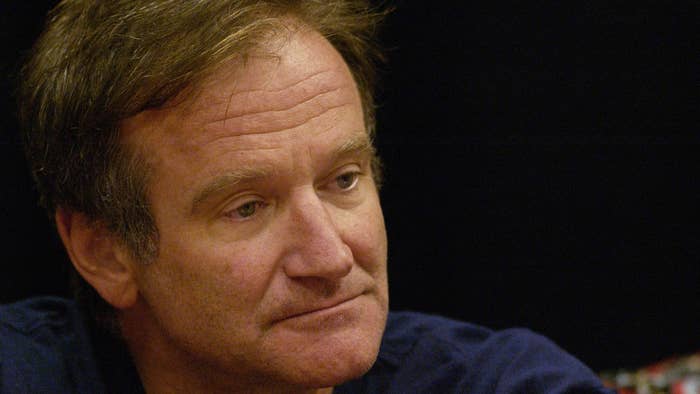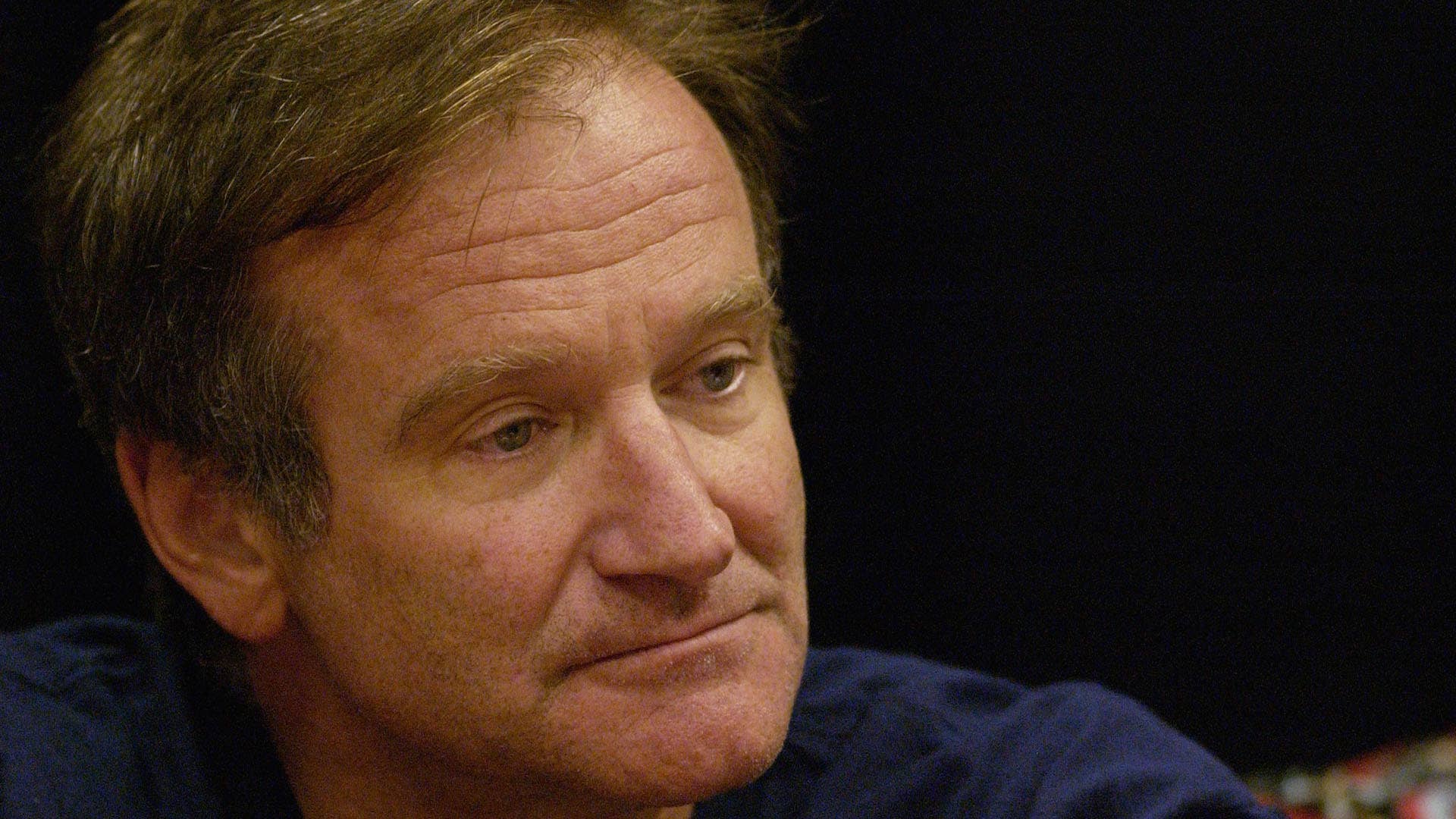
Robin Williams died by suicide in 2014. Now, the late comedian's widow, Susan Schneider Williams, is opening up about the pain her husband experienced leading up to his death.
During a recent appearance on TODAY, Schneider Williams described her husband's deteriorating state to Hoda Kotb.
"Robin and I knew there was so much more going on. Robin was right when he said to me, 'I just want to reboot my brain,'" Schneider Williams said. "In that moment I promised him that we would get to the bottom of this and I just didn't know that would be after he passed."
Schneider Williams shared her husband's story in the documentary, Robin's Wish. This piece details Williams' battle with Lewy body dementia and was released on digital streaming platforms on Tuesday.
According to the National Institute on Aging, Lewy Body dementia is the second-most common form of dementia, following Alzheimer's disease. This disorder can "lead to problems with thinking, movement, behavior, and mood."
"I was called in to sit down to go over the coroner’s report. They sat me and down and said he essentially Robin died of diffused Lewy body dementia. They started to talk about the neurodegeneration. He wasn’t in his right mind," Schneider Williams continued before stating that learning this disorder had a name helped her find solace.
"I was relieved it had a name. Robin and I had gone through this experience together, really being chased by an invisible monster. And it was like whack-a-mole with the symptoms," she said. "I left there with a name of the disease, the thing that Robin and I had been searching for."
Since her husband's death, Schneider Williams has been working to raise awareness around the illness and wrote an essay in 2016 that was published by the American Academy of Neurology.
"I asked him, 'When we get to the end of our lives and we're looking back, what is it we want to have done?' Without missing a beat, he said, 'I want to help people be less afraid,'" she said. "I thought it was beautiful. And I said, ‘Honey, you're already doing that. That's what you do.’ And that is pretty great."

